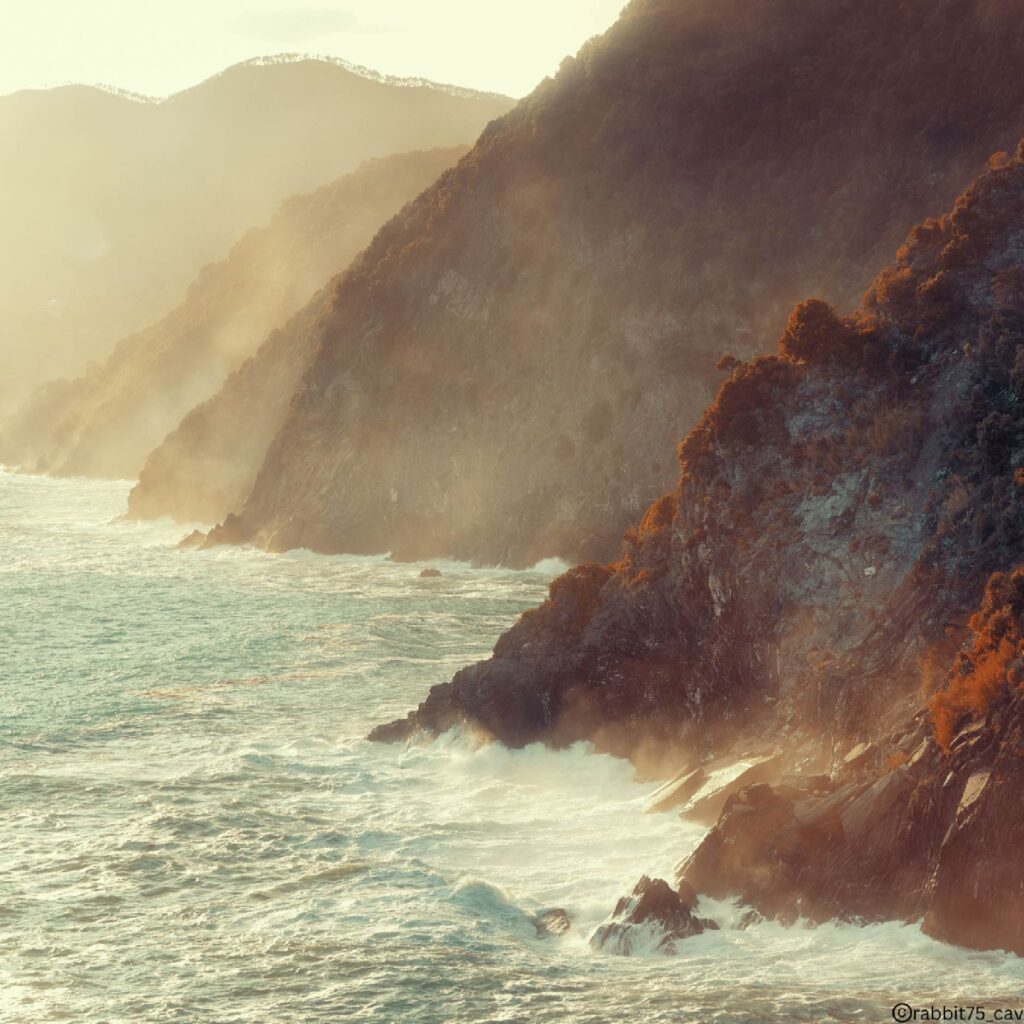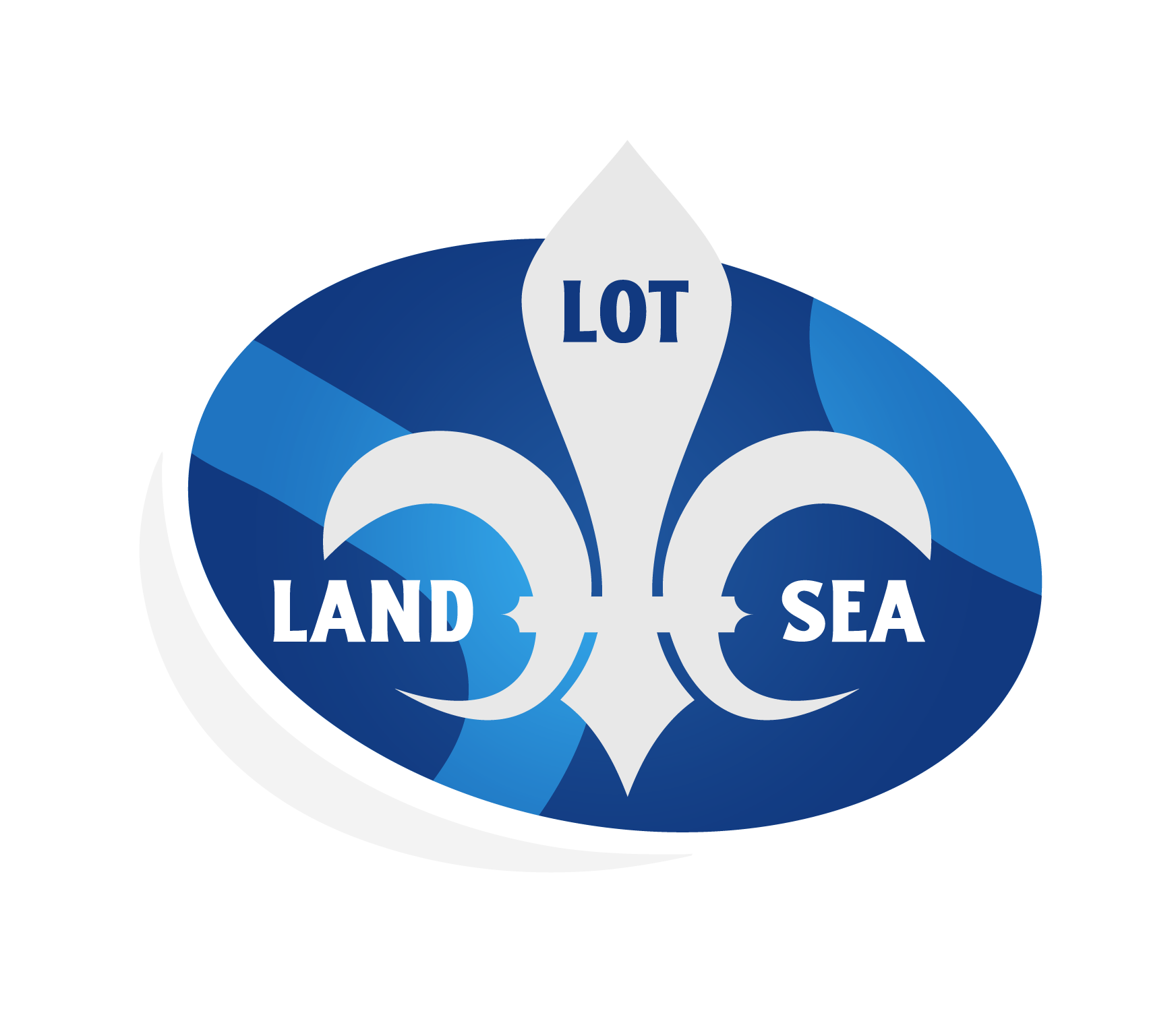

This General Assembly marked the start of the LandSeaLot project, where 20 partners met to share insights, and outline the roadmap ahead.
Each Work Package presented their key deliverables, highlighting opportunities for collaboration to maximize synergies amongst partners.
This event took place at the Deltares Headquarters in Delft, and set the stage for meaningful exchanges of expertise among Land-Sea Interface specialists across diverse disciplines.






LandSeaLot has received funding from the European Union’s Horizon Europe Framework Programme for Research and Innovation under grant agreement No 101134575. Views and opinions expressed are however those of the author(s) only and do not necessarily reflect those of the European Union or European Research Executive Agency. Neither the European Union nor the granting authority can be held responsible for them. UK participants in Horizon Europe Project LandSeaLot are supported by UKRI grant numbers: 10109592 University of Stirling and 10107554 Plymouth Marine Laboratory.
©2024 LandSeaLot | Privacy Policy | Cookie Policy | Website by Seascape Belgium
To provide the best experiences, we use technologies like cookies to store and/or access device information. Consenting to these technologies will allow us to process data such as browsing behavior or unique IDs on this site. Not consenting or withdrawing consent, may adversely affect certain features and functions.
Comments are closed